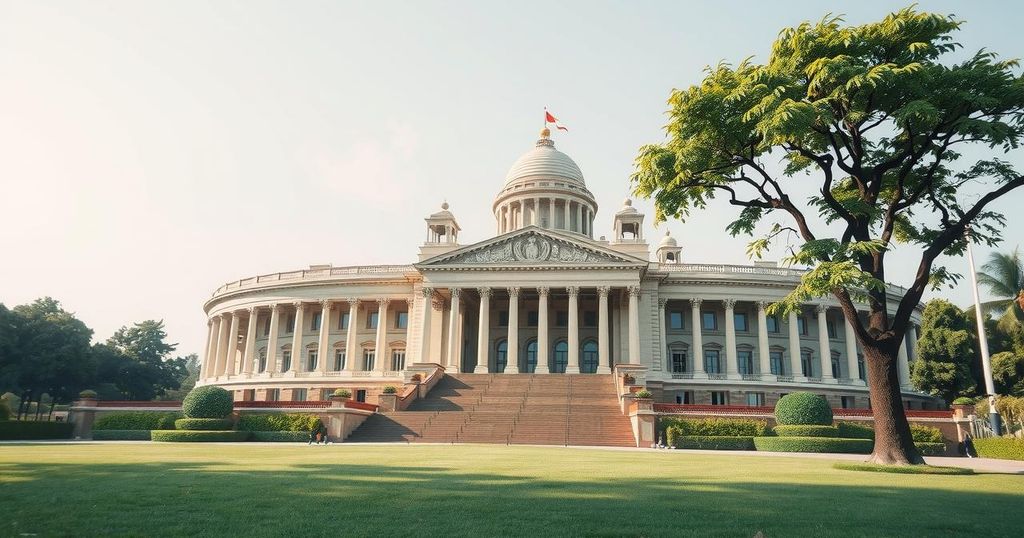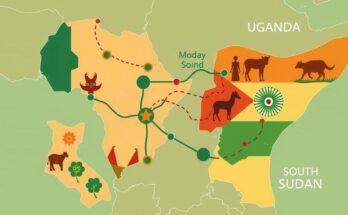Lebanon’s government, led by Prime Minister Najib Salam, received confidence from 95 lawmakers after a shift in political dynamics post-Hezbollah’s weakening in last year’s war with Israel. Salam emphasized the need for a state that retains exclusive authority over war and peace decisions. His administration aims to address economic crises by collaborating with international financial institutions, including the IMF, amidst ongoing challenges highlighted by a substantial financial collapse since 2019.
On a recent Wednesday, Lebanon’s Prime Minister Najib Salam secured the approval of 95 members from the 128-seat parliament, affirming confidence in his administration. Since the devastating conflict between Hezbollah and Israel last year, the Lebanese political scenario has markedly changed, leading to a government declaration that notably omits previous assurances regarding Hezbollah’s role in national defense planning.
“We want a state that holds the exclusive authority over decisions on war and peace, a state loyal to the constitution and national accord ensuring the implementation of unfulfilled provisions,” Mr. Salam articulated in his address before parliament. This statement represents a significant shift from past political dynamics wherein Hezbollah operated with presumed legitimacy in security matters.
The day before the confidence vote, Hezbollah publicly endorsed the new government. Senior Hezbollah official Mohammed Raad emphasized the organization’s commitment to collaborating with Salam’s administration. In light of Lebanon’s ongoing economic troubles, Salam pledged efforts to eliminate the country’s designation on the grey list and initiate discussions with the International Monetary Fund.
Lebanon has faced a severe economic crisis stemming from a financial system collapse in 2019, which led to a sovereign default in 2020, leaving many depositors unable to access their funds. The newly formed government, established on February 8, followed direct U.S. intervention aimed at facilitating Lebanon’s access to essential reconstruction funding after the Israel-Hezbollah conflict and is expected to introduce necessary reforms to secure international assistance.
In 2022, Beirut reached a preliminary funding agreement with the IMF, reliant on the execution of crucial reforms which have yet to be achieved. The commitment to prioritizing depositors and engaging with international financial entities reflects the urgent need for Lebanon to stabilize its economy and restore public confidence.
The recent confidence vote for Prime Minister Najib Salam’s government marks a pivotal moment for Lebanon, showcasing a shift away from Hezbollah’s influence in governing. With priorities set on economic recovery and IMF negotiations, Salam’s administration must navigate significant reforms to address the ongoing crises stemming from years of political turmoil and economic decline.
Original Source: ifpnews.com




